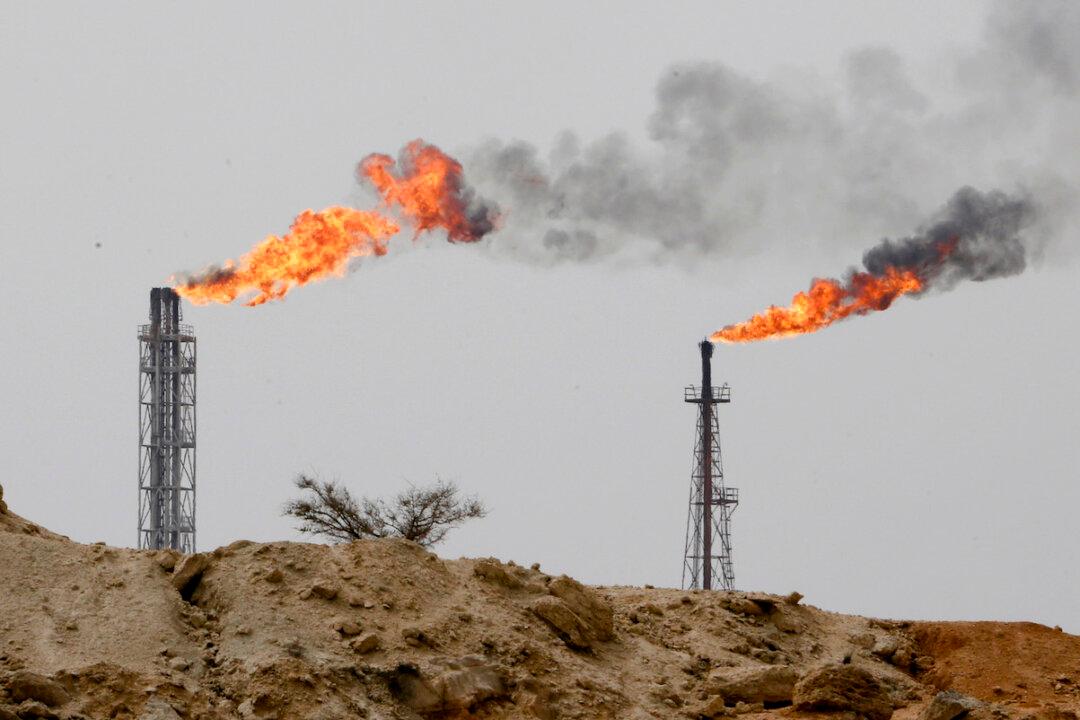Ragnarok, the legendary Norse day that predicted the apocalypse, came on Saturday, but nothing happened except for a few festivals.
The day took place Feb. 22.
Ragnarok is the culmination of events that are referenced in old Norse poems, including the “Gylfaginning,” a book in the “Prose Edda,” and in the “Prose Edda” itself. The poems were collected about 900 years ago but were composed centuries earlier in all liklihood.
Ragnarok started about 100 days ago until Feb. 22, which was slated to be the battle between Norse gods, including Odin, Thor, and Loki.
“Already here at the beginning of time they know that Ragnarok is coming. The good warriors and courageous heroes are already preparing for Ragnarok,” Dr. Lena Norrman, senior Swedish lecturer at the University of Minnesota’s Scandinavian studies department, told KARE in Minnesota.
Signs of Ragnarok also include the sounding of a horn and three cold winters in a row.
But Ragnarok differs from other ancient prophecies about the end times.
“We can be optimistic about Ragnarok, we have a lesson to learn,” said Norrman. “We need to have the beginning and the end, the Alpha and Omega, it’s important. The interpretation is free. What is the end and what is the beginning? We have the beginning of something that is implied in this end because it’s not over there.”
As website io9.com notes, Ragnarok was observed Feb. 22 because the “organizers of the Jorvik Viking Festival say so.”
“In fact, all of the announcements of Ragnarok coming out of the festival have been playful rather than dire. In November, the Jorvik Viking Centre in York, England, announced that a figure had blown what they called the Gjallerhorn, the mythical horn of Heimdallr, signaling a 100-day countdown to Ragnarok. When I inquired as to what makes this year the year of Ragnarok, the organization pointed me to their ‘Signs of Ragnarok” page,’ the website says.
The day is simply a “cheeky” and “rather successful marketing campaign” by the Jorvik Viking Festival, it adds.
“But even though the world isn’t about to end, we can still use this invented Ragnarok as an excuse to feast like vikings and celebrate the coming transition in the Northern Hemisphere from the snows of winter to the fertile fields of spring,” io9 says.





